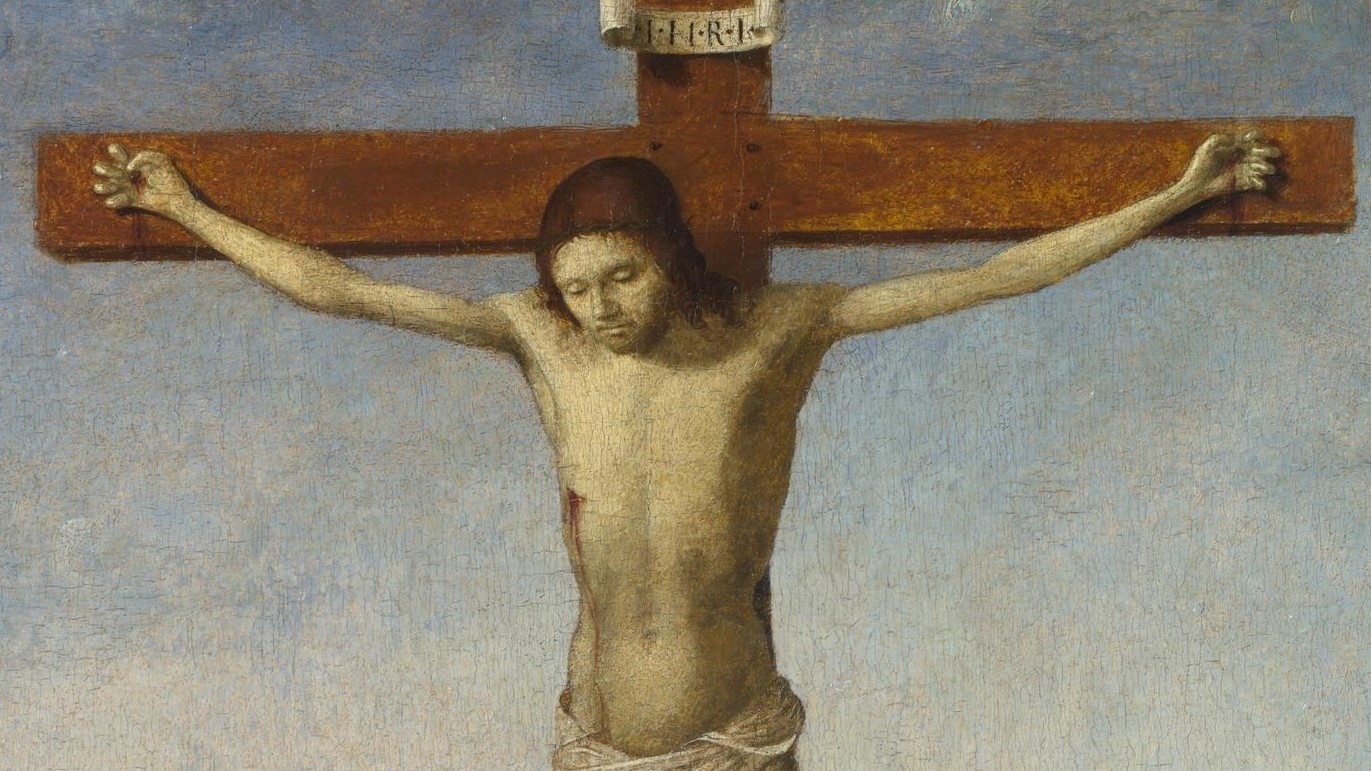On Going Home
29th Sunday of Ordinary Time (B)
Many students are travelling home this week for Fall Break, which gives us an occasion to ponder the question, where is home? This past Wednesday we were blessed to have as our guest speaker Deacon Sigfrido Della Valle who is from El Salvador. He spoke about his coming to the United States to flee the violence of his home country, and of making a life — a home — for himself here. But he also spoke with great fondness of his native land. He misses it. Despite the corruption and violence that caused him to seek a better life on our shores, it’s still his home.
That talk on immigration got several students to thinking about their own family stories. One spoke with me the next day of his family’s migration to the US from Ireland in the 19th century. They were also escaping hard times, and looking for a better life. Even though their great-great-grandchildren know no other home but this one, they still speak of Ireland as the “homeland,” which led my student to ponder, when will we go home?
We define home in many ways. In one sense, home is wherever you live. For college students, in a real sense, Cullowhee is your home. This is where you live most of the year, after all. But home can also mean where you grew up, which is why most students still think of their parents’ house as “home” and why you “go home” for Fall Break.
For the immigrant, their native country will always be home (in this latter sense) even once they establish a home in their adopted country. For their children, the new country will be the only home they know, but they will grow up with stories from their parents about the “homeland.” The third and fourth generation will hear those stories less and less, but there remains still a sense that we come from somewhere else.
We all come from elsewhere. We speak of America as a nation of immigrants, because we all came to these shores from some other land; except for the Native Americans, we say. But if we roll the clock back far enough, even Native Americans are immigrants from Asia, coming across the Beringia land bridge many thousands of years ago. My students’ Irish ancestors didn’t spring up under a rock in County Donegal. The Irish are a mix of Celtic, Norse and Anglo immigrants. Deacon Sigfrido might have come from El Salvador, but he likely has ancestors from Spain and other places. My wife’s mother migrated from Colombia, but a few generations before they came from the Middle East. We’re all from somewhere else.
So where is home? If we turn the clock back before all the migrations, we end up in Paradise. Adam and Eve were the original migrants, refugees from Eden. We’ve been wanting to go home ever sense. “We are citizens of heaven” (Phil 3:20). So it doesn’t matter where we were born; our homeland is not here. We are all refugees, doing the best we can in this, our temporary home.
Our life here is a pilgrimage to the heavenly kingdom where God has prepared a place for us. He has sent his Son to show us the way and accompany us on our journey. So let us love one another as we follow Christ together to our true and eternal home.
The blessing for travelers from the Book of Blessings asks for God’s assistance for the short journeys we take from here to there in this world, but it just as appropriate for our longer journey through life to our heavenly destination.
All-powerful and ever-living God, when Abraham left his own land and departed from his own people, you kept him safe all through his journey. Protect us, who also are your servants: walk by our side to help us; be our companion and our strength [as we travel] on the road and our refuge in every adversity. Lead us, O Lord, so that we will reach our destination in safety and happily return to our homes. We ask this through Christ our Lord. R. Amen.

